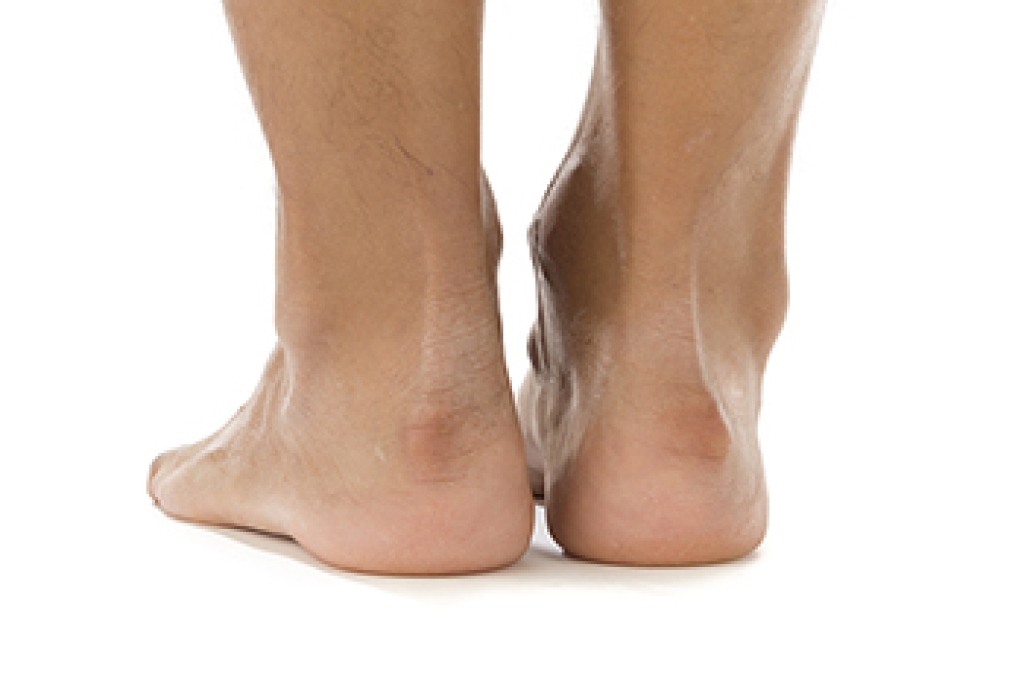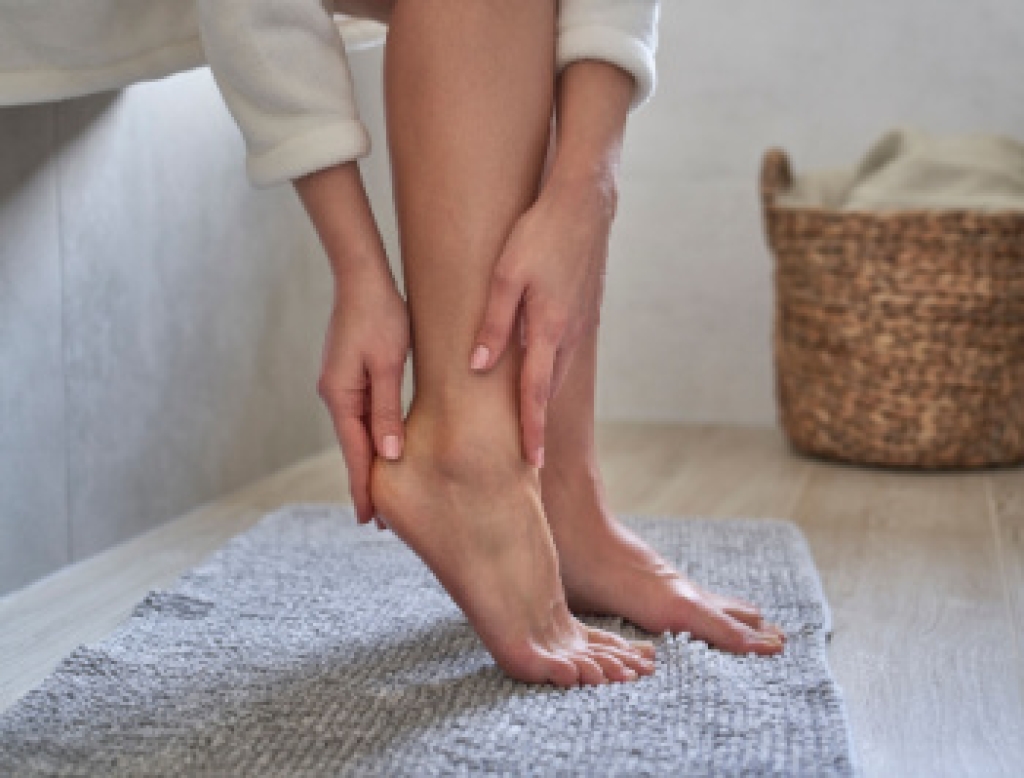
Haglund's deformity, an abnormality affecting the foot bone and soft tissues, can be recognized by a bony growth at the back of the heel, where the Achilles tendon is located. This enlargement, often referred to as a pump bump, can result in irritation of the adjacent soft tissue when it rubs against rigid shoes. Haglund’s deformity can lead to bursitis, a painful inflammation of the fluid-filled sac between the tendon and the bone. While this deformity can develop in anyone, it is most commonly observed in individuals who wear stiff, closed-heel shoes, particularly pump-style high heels. Several risk factors increase susceptibility to Haglund's deformity, including a high foot arch, a tight Achilles tendon, or a tendency to walk on the outside of the heel. Symptoms can include a noticeable bony bump on the back of the heel, severe pain where the Achilles tendon attaches to the heel, swelling in the bursa, and redness near the inflamed tissue. If you suspect you have Haglund's deformity, it is suggested that you schedule an appointment with a podiatrist for an evaluation and suggested treatment options.
Many people suffer from bouts of heel pain. For more information, contact one of our podiatrists of Footcare Now. Our doctors can provide the care you need to keep you pain-free and on your feet.
Causes of Heel Pain
Heel pain is often associated with plantar fasciitis. The plantar fascia is a band of tissues that extends along the bottom of the foot. A rip or tear in this ligament can cause inflammation of the tissue.
Achilles tendonitis is another cause of heel pain. Inflammation of the Achilles tendon will cause pain from fractures and muscle tearing. Lack of flexibility is also another symptom.
Heel spurs are another cause of pain. When the tissues of the plantar fascia undergo a great deal of stress, it can lead to ligament separation from the heel bone, causing heel spurs.
Why Might Heel Pain Occur?
- Wearing ill-fitting shoes
- Wearing non-supportive shoes
- Weight change
- Excessive running
Treatments
Heel pain should be treated as soon as possible for immediate results. Keeping your feet in a stress-free environment will help. If you suffer from Achilles tendonitis or plantar fasciitis, applying ice will reduce the swelling. Stretching before an exercise like running will help the muscles. Using all these tips will help make heel pain a condition of the past.
If you have any questions, please feel free to contact our offices located in Elmhurst Jackson Heights, Astoria, Rego Park, and Forest Hills, NY . We offer the newest diagnostic and treatment technologies for all your foot care needs.




